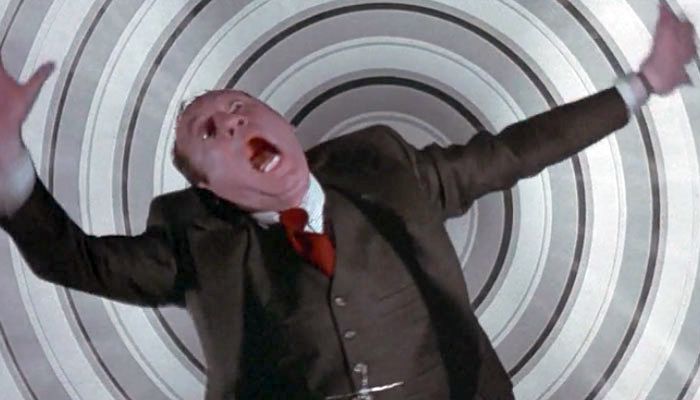On “High-Functioning” Anxiety

Note: the term "high-functioning" is rightly criticized as ableist these days, particularly in regards to the autism spectrum. I'm putting it in quotes out of respect to that, but still using it because I think it's important to acknlowedge the confidence or vanity regarding one's abilities that sufferers of this kind of anxiety may feel.
How I tend to explain a "high-functioning" anxiety disorder to people: if you saw someone walking in a circle and smacking their head at the airport to keep a plane from crashing, you’d recognize them as someone who isn’t thinking rationally due to an excess of fear. But if you saw someone get a graduate degree in accounting to be better prepared for the future, you might compliment them for being proactive. Even if you learn they’re afraid their life partner will resent them otherwise for their lack of ambition, and for not being able to provide for a family after the partner's own career goals don’t work out. After all, this grad student is not being stupid. They’re arguably putting themselves in a better position to deal with life. They’re still "functioning" at a high level, even if they’re letting extreme fear guide choices that have life-altering ramifications. They seem to be more than capable of taking care of themselves and others. You might even admire their “rationality,” missing the absurdity of attempting a difficult career track for the primary goal of avoiding rejection and shame in a relationship that, ideally, would be mutually supportive and accepting.
It’s easy to see how someone hitting themselves won’t accomplish anything, let alone help them avoid extreme misfortune. It’s harder to see how someone being selfless, proactive, a hard worker, a reliable partner, all good things, is still engaged in a futile, self-lacerating battle against forces outside their control. A friend might not ask them why they’d not just tolerate, but expect their partner to hold them responsible for their emotional well-being. They might not ask the grad student what they plan to do if their partner’s career ambitions DO work out. After all, many people have issues about hard work, proactivity and romantic selflessness. If you have your own fears and your own uncertainties, this go-getter might sound way more confident about the road they’re taking than you are about your own. In this world, “high-functioning” is often more impressive than “anxiety” seems unreasonable.
But whether someone is embarrassing themselves in public or getting likes on Facebook for five-year plans, being driven by fear is going to catch up with them. It’s hard to be disciplined when the primary reward is feeling you *won’t deserve* misfortune. It’s easy to turn passive-aggressive and cruel when people don’t appreciate the sacrifices they never asked for. You won’t actually feel safer, because instead of dismantling the extreme fear and doubt you live under, you’re creating a life that only makes sense within it. You might feel unsupported and embarrassed that you even need support. After all, you’re “high functioning” and you’re confident of the right thing to do in most situations. Study, get a good job, eat well, exercise, focus, control your emotions, take care of everyone you care about, be popular, be happy. And if you can’t achieve any of these things, or if people fail to hold up their end of the bargain, spoken or unspoken, try to accept it with grace and adjust the plan accordingly. Just do it, all of it, so you won’t be mistaken for that obviously confused and “low-functioning” guy hitting himself in the airport.
It’s a hard time to work on this kind of anxiety, what with the goddamn CDC saying you may well be right to listen to it, if your boss says it’s ok, but don’t quote them on it. Explicating between rational and irrational fear for yourself and others is a cultural debate of literal life-and-death right now. I’m still working out my own journey with the issue, but I’ll say this: you deserve to feel at peace with yourself. For all the foul, unnecessarily brutal external forces in life, having fear as your *primary* engine for dealing with it, rather than love for yourself and others, is unreliable and only going to make things harder. Don’t be afraid to admit anxiety to yourself and ask for help.
I feel shitty for basically ending with “google it,” but at least no one elected me to do better. And at least I’m admitting it’s a problem.
Thanks to Michele Catalano for her own essay on anxiety, which inspired me to write this. The more narratives of experience we get out there, the better.